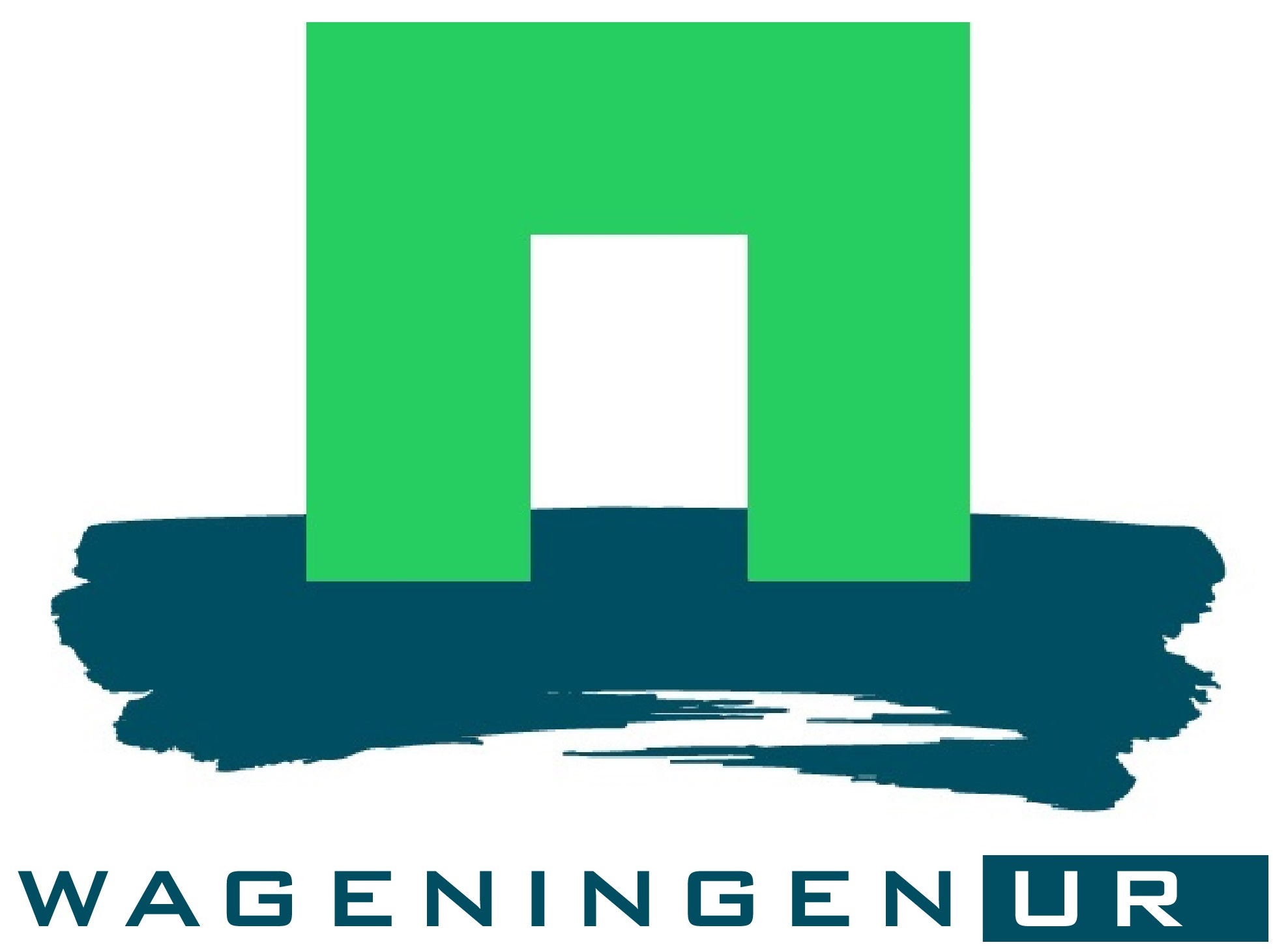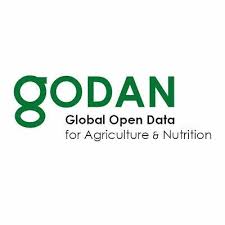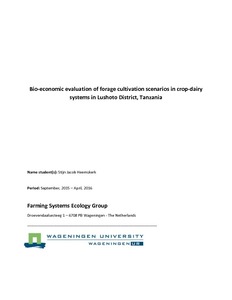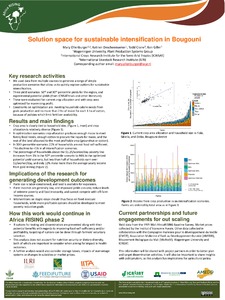Location
6700 HB Wageningen
Wageningen University & Research is a collaboration between Wageningen University and the Wageningen Research foundation.
That is the mission of Wageningen University & Research. A staff of 6,500 and 10,000 students from over 100 countries work everywhere around the world in the domain of healthy food and living environment for governments and the business community-at-large.
The strength of Wageningen University & Research lies in its ability to join the forces of specialised research institutes and the university. It also lies in the combined efforts of the various fields of natural and social sciences. This union of expertise leads to scientific breakthroughs that can quickly be put into practice and be incorporated into education. This is the Wageningen Approach.
The scientific quality of Wageningen University & Research is affirmed by the prominent position we occupy in international rankings and citation indexes.
The domain of Wageningen University & Research consists of three related core areas:
- Food and food production
- Living environment
- Health, lifestyle and livelihood
Wageningen University & Research has branches all over The Netherlands and abroad. A large number of lecturers, researchers and other employees are based at Wageningen Campus.
Members:
Resources
Displaying 21 - 25 of 209Making a difference : boundary management in spatial governance
In trying to influence spatial development, people engage in discussions about distinctions between places or areas, and the roles of government and society, while they need to relate to other groups of stakeholders. In other words, boundaries (between meanings of places, between government and society, and between different groups of people) are omnipresent in spatial governance. Does the peri-urban area belong to the city or to the countryside? Can nature be integrated into farming? What should be the role of governments in relation to bottom-up initiatives?
Bio-economic evaluation of forage cultivation scenarios in crop-dairy systems in Lushoto District, Tanzania. Farming Systems Ecology Thesis
Lushoto District is part of Tanzania’s most important milk production regions; depending on the village, 25-95% of households own improved dairy cows. However, land pressure is high and both income and food security are low. The aim of this study has been to assess the potential of various forage cultivation intensification strategies (‘scenarios’) to improve physical production and income of smallholder crop-dairy farmers in Lushoto district, Tanzania.
Dealing with private property for public purposes : an interdisciplinary study of land transactions from a micro-scale perspective
Dealing with private property for public purposes : an interdisciplinary study of land transactions from a micro-scale perspective
Hotspots of gross emissions from the land use sector: patterns, uncertainties, and leading emission sources for the period 2000–2005 in the tropics
According to the latest report of the Intergovern- mental Panel on Climate Change (IPCC), emissions must be cut by 41–72 % below 2010 levels by 2050 for a likely chance of containing the global mean temperature increase to 2 ?C. The AFOLU sector (Agriculture, Forestry and Other Land Use) contributes roughly a quarter (? 10–12 Pg CO2 e yr?1 ) of the net anthropogenic GHG emissions mainly from de- forestation, fire, wood harvesting, and agricultural emissions including croplands, paddy rice, and livestock.






